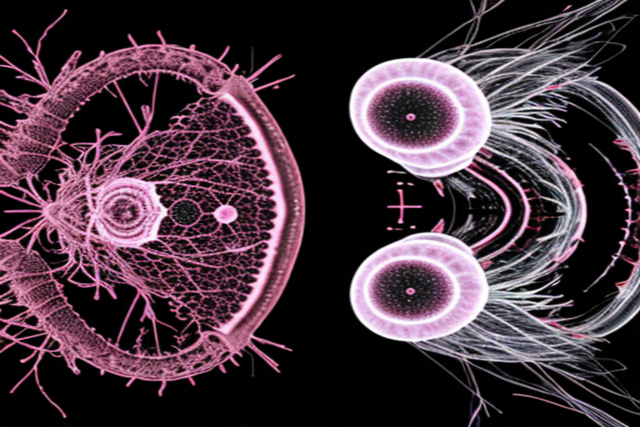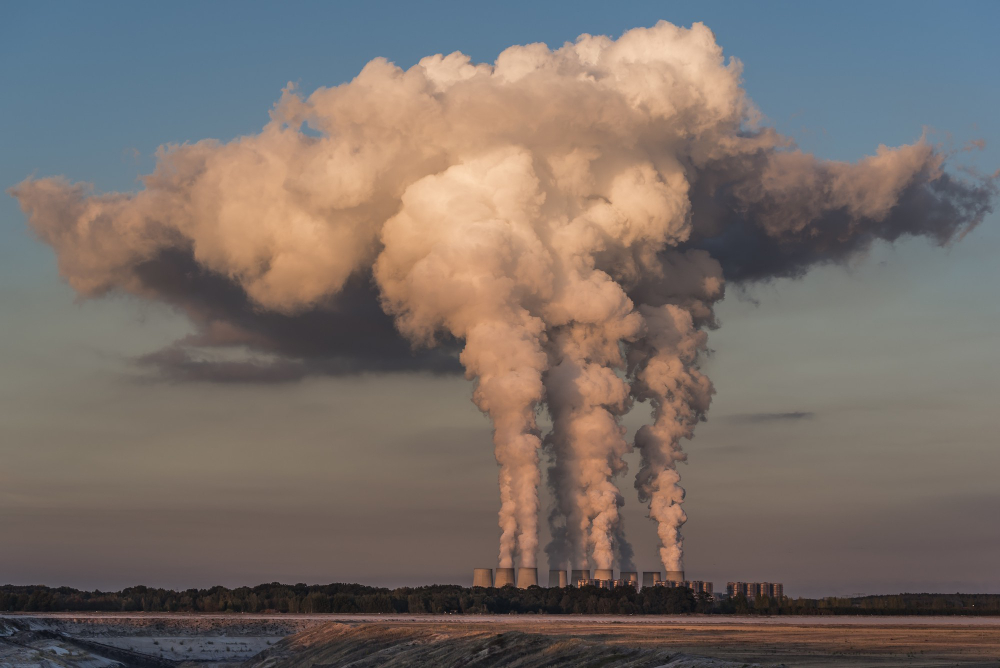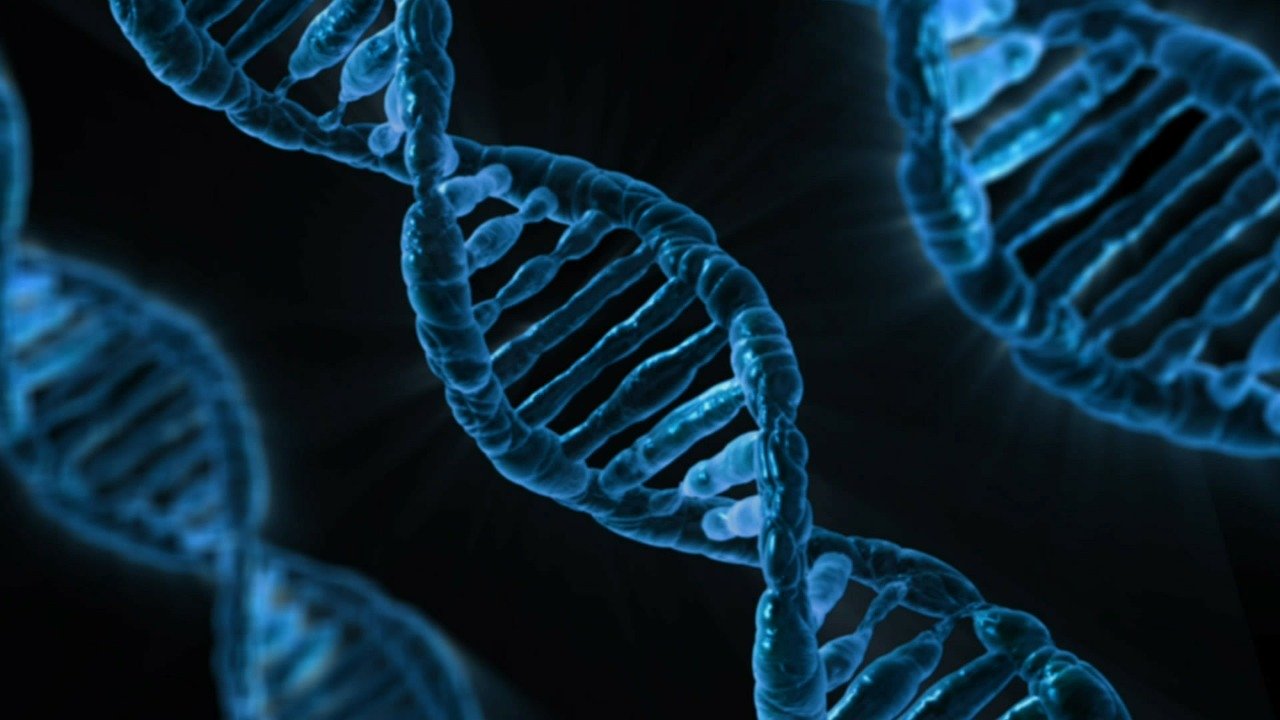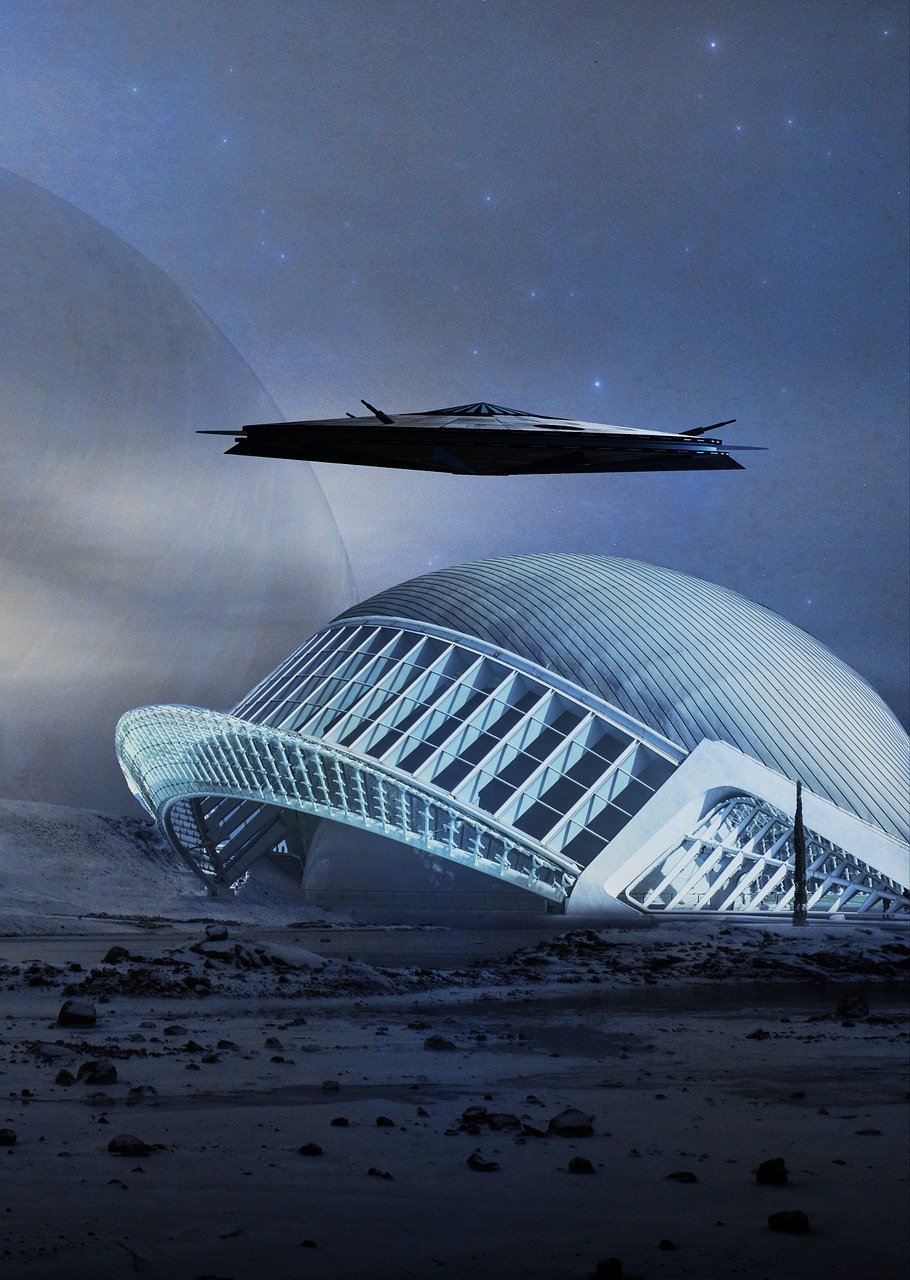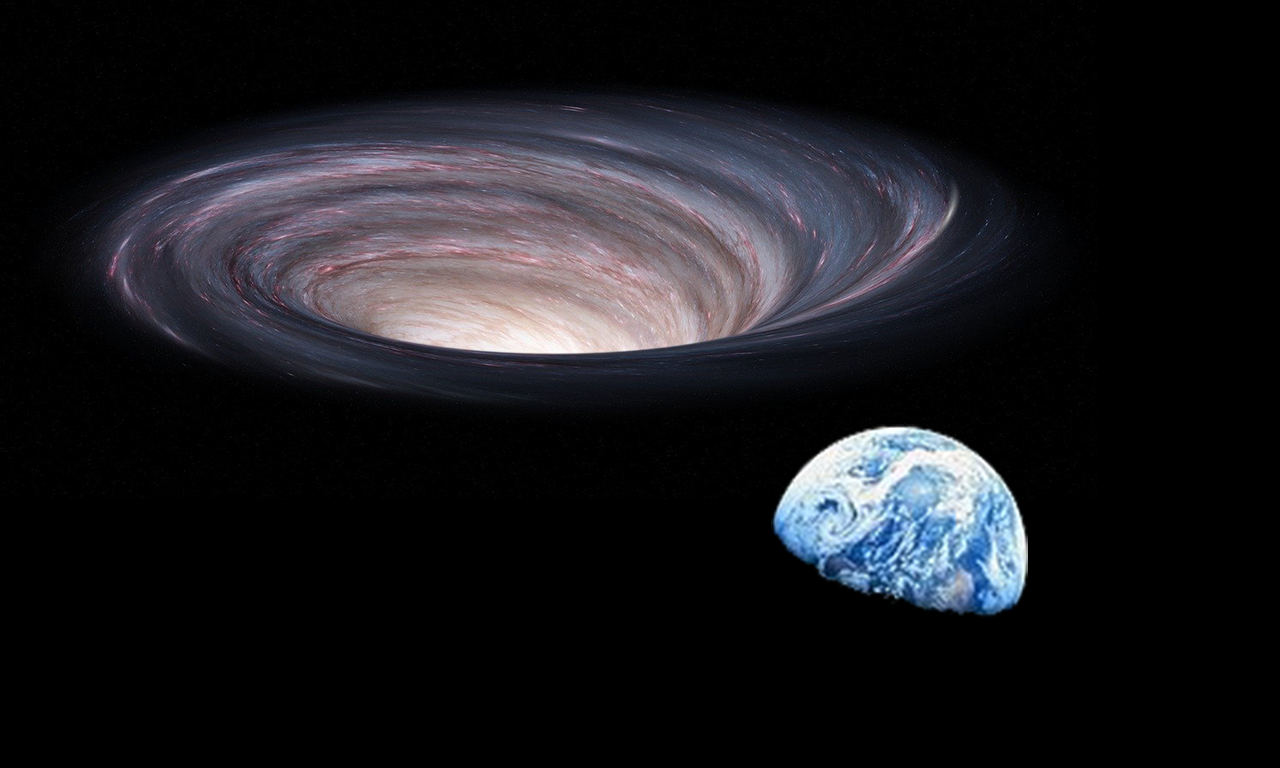Category: Evolution
Evolution is the scientific theory that explains how living organisms change and diversify over time. It involves the process of natural selection, where certain traits that are advantageous for survival and reproduction become more common in a population over generations.
Evolutionary biologists study the mechanisms of evolution, such as mutation, genetic drift, and gene flow, to understand how species originate, diversify, and adapt to changing environments. They also study the fossil record and comparative anatomy to trace the history of life on Earth and the relationships between different species.
Evolution has important practical applications, including in medicine, agriculture, and conservation biology. It has led to the development of new treatments for diseases, the breeding of crops and livestock for increased yields and resistance to pests and diseases, and the protection of endangered species and ecosystems.

